Everything you need to know about the supply chain law
New rules for more responsibility in the economy
New regulations have been introduced in Germany and at EU level to oblige companies to be more responsibility and transparency in their global supply chains. The so -called supply chain laws are intended to prevent companies in avoiding human rights violations and environmental damage along their supply chain. They are intended to ensure that companies take responsibility for their actions and adhere to human rights standards.
But what exactly does that mean?
The German supply chain law
The German supply chain law, also known as the supply chain obligations law, requires large companies to check their supply chains for human rights and environmental standards. The aim is to combat child labor, forced labor and pollution along the entire production chain. Companies have to carry out risk analyzes, take measures to take prevention and report.
The EU Lief Coveret Act in comparison
At the EU level, a supply chain law was also adopted in early 2024. It includes requirements similar to the German law, but applies to all EU member states. The main difference lies with the range of regulations and responsibility for monitoring and enforcement. In contrast to the German supply chain law, the EU line has civil liability for violations of human rights and environmental regulations.
The goals of the supply chain law
The supply chain law obliges companies to identify risks in their supply chains, to take measures to prevent human rights violations and to report transparently about their efforts. This can help improve working conditions, combat child labor and reduce environmental damage. The main objectives of the law are the strengthening of human rights, promoting sustainable production and creating fair working conditions worldwide. More transparency is intended to uncover violations of social and ecological standards and thus avoid in the future.
Criticism of the supply chain laws
On the one hand, the supply chain law is criticized by corporate associations and business representatives who argue that it is too bureaucratic and could affect the competitiveness of the companies. Some NGOs and human rights organizations, on the other hand, call for stricter sanctions for companies that violate the regulations. The EU Lief chain law in its current form was weakened very much and only affects very large companies. It also has some loopholes that leave space for green washing.
What will change through the supply chain law?
Despite criticism, the supply chain law is seen as an important step towards more social and ecological responsibility for companies. The supply chain law forced companies to rethink their business practices and take responsibility for their actions. This could lead to an improvement in working conditions and environmental protection in the long term, even if there are still discussions about the exact design and effectiveness of the law.


















Leave a comment